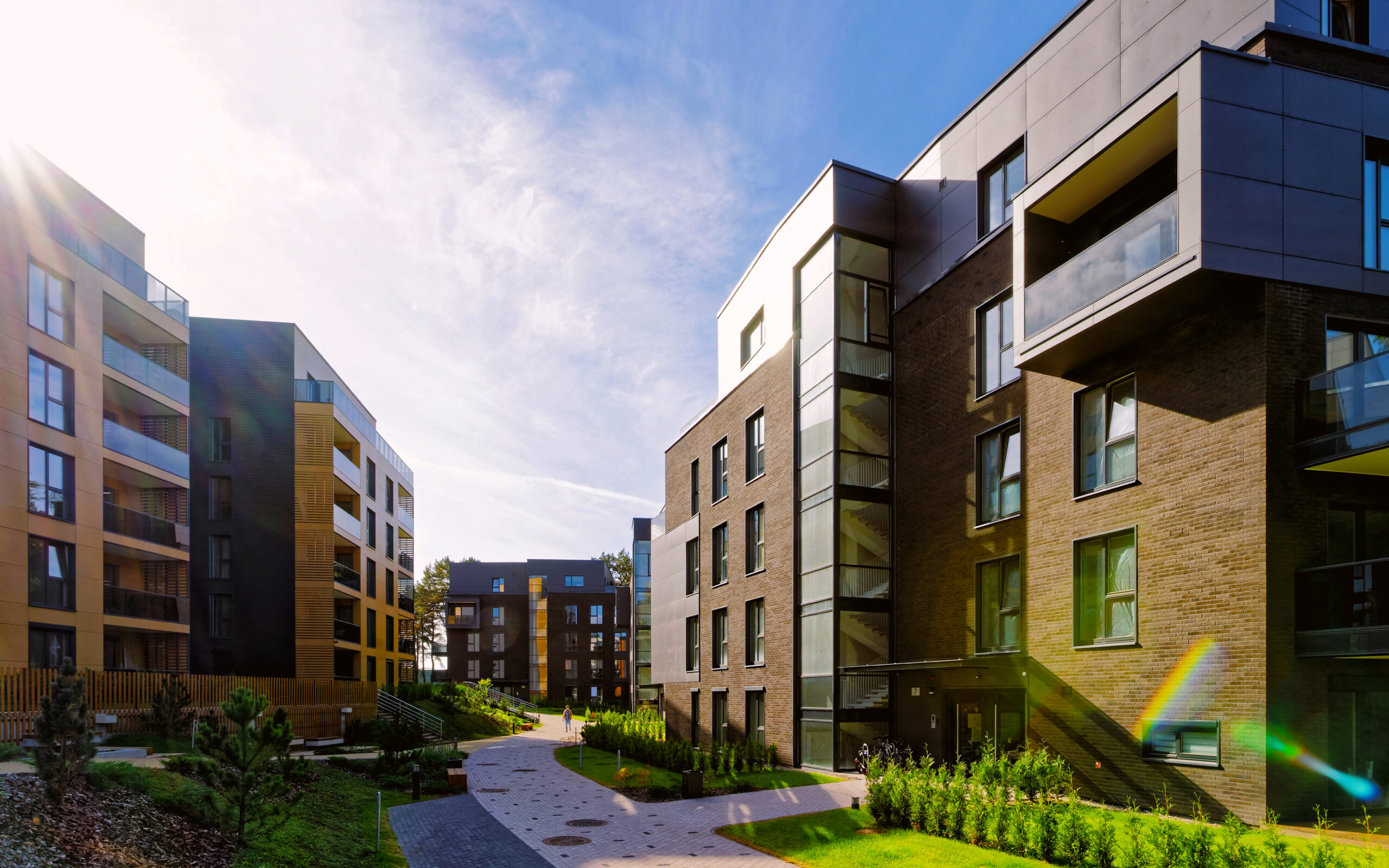
The ongoing real estate boom, rising property prices, inflation, but also the announced increase in interest rates raise the question of who and under what circumstances it is worth buying houses, apartments or other real estate and what risks arise from this. Especially if the buyer is also running a business. If someone buys property as a corporation, they can claim VAT deductions or save on property tax in certain circumstances.
But a legal person is not protected to the same extent as an individual when making a purchase.
Individuals, on the other hand, may face risks associated with financial security and the threat of forfeiture.
Peter Varga was interviewed by Pravda.
His transcript can be viewed below.
When is it worth buying an apartment for a company, for a trade and when is it better to buy it for a person?
Answering this question has a legal context and also requires knowledge of income tax, levies and VAT.
In addition, the economic aspects of property ownership, such as the cost of renting, the growth or decline of property or the cost of construction inputs, must be taken into account.
From an income tax and levy perspective, it is worth buying with the intention of owning the property for more than 5 years as an individual.
“This is due to the fact that an individual does not tax the sale of a property after 5 years of acquisition unless the property was in a business property.
And therefore, it does not arise the basis of assessment for health insurance premiums,” explains tax attorney Peter Varga of Highgate Group.
However, this may not always and everywhere be the case, according to experts.
If property prices were not rising at such a rapid rate as we have seen in recent years, and the property required some investment for repairs or upgrades, it might be more efficient to own the property as a corporate entity in a particular case.
“Let’s illustrate this with the example of an individual who acquires a property, rents it out and after 5 years decides to sell the property.
The total tax liability (we assume that the property is rented out without the provision of related services such as cleaning, laundry change, etc.) would be higher in those 5 years than the tax liability of a legal entity on the sale of the property, when the tax base on the sale would be the difference between the sale price and the tax residual value of the property,” says Peter Varga.
In practice, however, there are more complex cases.
Especially if the property is rented out by a sole trader.
In some cases, such a way of renting is more tax-advantageous than the so called.
The above example could lead to the opposite answer.
“It depends on the total amount of income (also from other sources) of such an individual.
At the same time, individuals – self-employed persons can put the real estate into business assets and thus apply depreciation, charges to the repair, reconstruction, tax or insurance fund against the rental income,” explains tax attorney Peter Varga.
Careful with VAT deduction
A very important factor when buying a flat or other property for a company are also matters related to VAT.
If certain conditions are met, the buyer of the property can deduct VAT and the state will pay him the so-called VAT.
Excess deduction.
For example, if a property in a new building costs EUR 250,000 including VAT, the buyer will receive EUR 41,667 back from the state.
However, this is not automatic.
“In general, it is necessary that such a buyer subsequently carries out taxable transactions with the property for VAT purposes.
Otherwise, he loses the right to deduct VAT,” explains tax lawyer Peter Varga.
In practice, there are also situations when the buyer receives an excessive deduction from the state, but has to return it only partially after some time.
“There are several variations in relation to VAT.
In general, however, it can be stated that the right to deduct VAT does not automatically mean an advantageous tax position of the buyer,” adds Peter Varga.


If you are interested in this topic, please do not hesitate to contact us.
Law & Tax
Tomas Demo
tomas.demo@highgate.sk
Accounting
Peter Šopinec
peter.sopinec@highgate.sk
Crypto
Peter Varga
peter.varga@highgate.sk